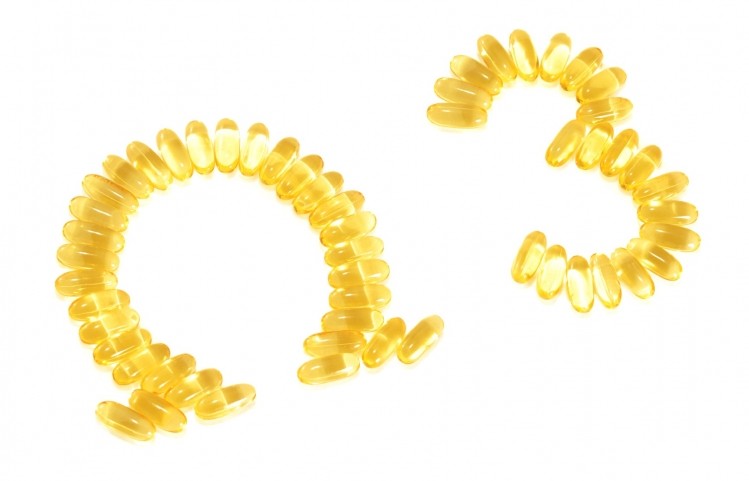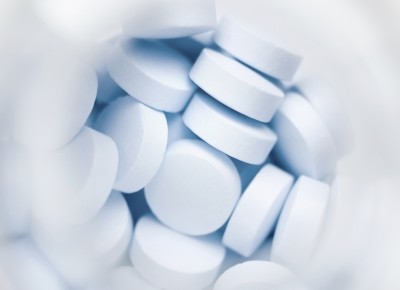Science short
Omega-3 may reduce cholesterol regulator, but do they affect LDL levels?

PCSK9 plays a role in the regulation of cholesterol, and pharmaceutical companies exploring how to block PCSK9 as a way of lowering LDL cholesterol.
The new study, led by scientists from Aalborg University Hospital in Denmark, found that 2.2 grams per day of omega-3 polyunsaturated fatty acids (PUFAs) could reduce PCSK9 levels in pre- and postmenopausal women by 11.4% and 9.8%, respectively, but no effect was found on LDL cholesterol levels in either group.
Ninety-two healthy women participated in the study, and results were published in Vascular Pharmacology.
“To our knowledge, the finding of a possible connection between n-3 PUFA and PCSK9 is the first of its kind,” wrote the authors, led by Christina Graversen.
“We suggest that this may be caused by a modulating effect of n-3 PUFA on PPAR-alpha, but this needs to be further investigated. It would be of interest to investigate whether marine n-3 PUFA also reduce PCSK9 levels in men, and the effect of other doses of n-3 PUFA. Last but not least, a clinical effect of the reduction of PCSK9 levels by marine n-3 PUFA would need to be documented.”
‘I'm not certain what to make of it’
Commenting on the study’s findings Harry Rice, PhD, VP of regulatory & scientific affairs for the Global Organization for EPA and DHA Omega-3s (GOED), told us: “While scientists have been investigating PCSK9 for a decade, research in this area is still pretty much in its infancy.
“Past research has demonstrated a positive association between PCSK9 and LDL cholesterol levels and investigational agents inhibiting PCSK9 have been shown to lower LDL cholesterol levels. That n-3 LCPUFAs reduced PCSK9 levels, but not LDL cholesterol levels (no surprise), suggests that the reduction of PCSK9 levels is not solely responsible for the LDL cholesterol reduction from past studies. That is, something else is playing a role. At this point, I'm not certain what to make of it.”
Source: Vascular Pharmacology
Published online ahead of print, doi: 10.1016/j.vph.2015.07.001
“Marine n-3 polyunsaturated fatty acids lower plasma proprotein convertase subtilisin kexin type 9 levels in pre- and postmenopausal women: A randomised study”
Authors: C.B. Graversen, S.Lundbye-Christensen, B. Thomsen, J.H. Christensen, E.B. Schmidt







